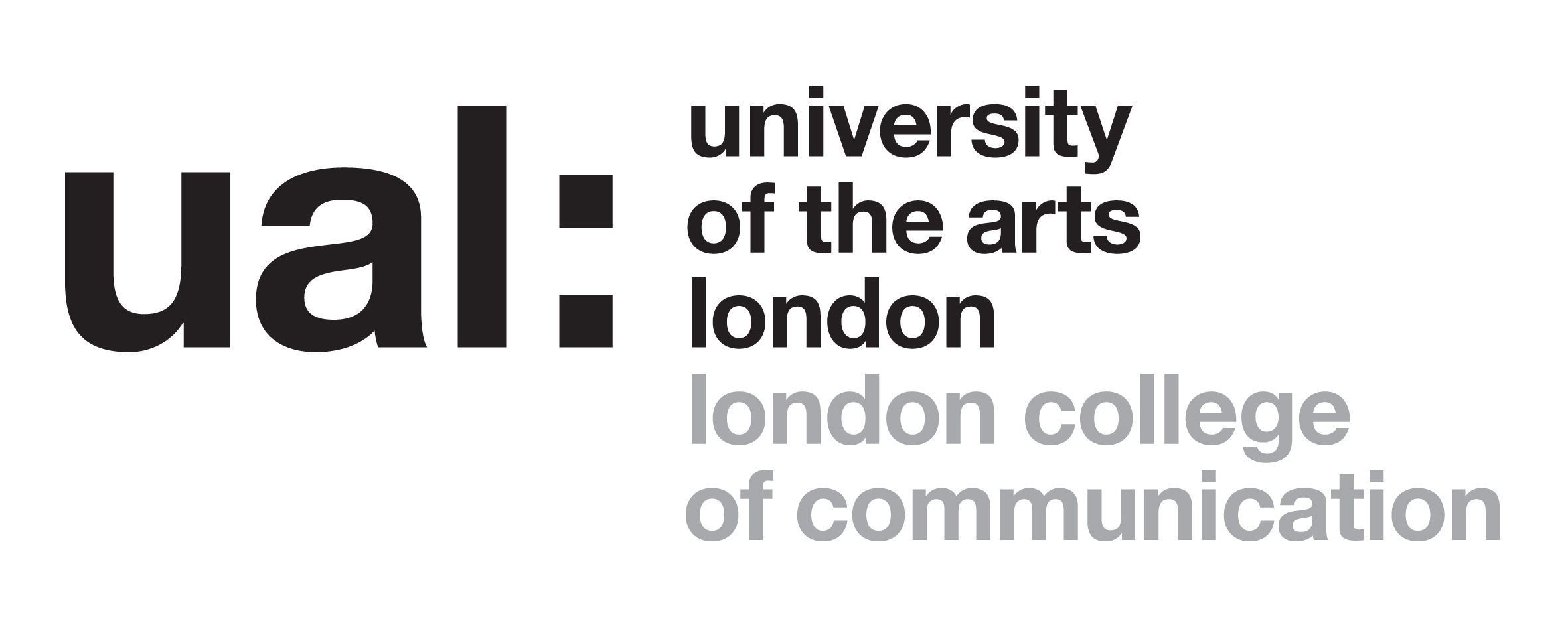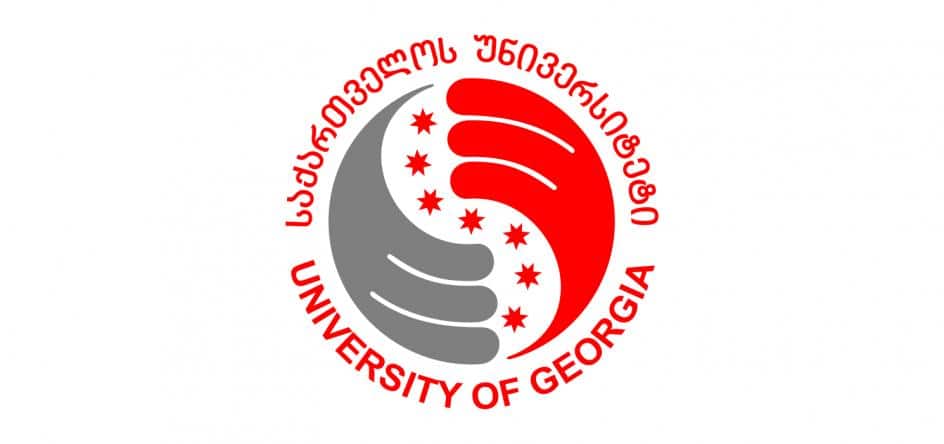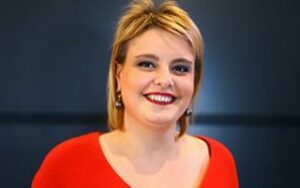University of the Arts London (UAL) is top 2 in the world for Art and Design (QS World University Rankings 2022). UAL has global influence and reach across international creative industries. London College of Communication is a part University of the Arts London, a diverse body of 18,000 students from 130 countries. LCC focuses on enabling our students to develop the skills needed to succeed as future-facing creatives through our industry-focused courses in the Design School, Media School and Screen School. London College of Communication’s Media School has a comprehensive portfolio that spans the disciplines of publishing, advertising, public relations, media communications, photography, and journalism.
BA (Hons) Advertising will help students to develop a solid understanding of advertising and marketing communications industries, and digital media practices in advertising, with a particular focus on creativity, critical analysis, research techniques, and the future of advertising. Students are given opportunities to develop your own strategic, innovative, ethical and sustainable advertising practice. The course focuses on teaching consumers from both behavioural and psychological perspectives, and focus on key aspects of advertising practices that will support our students to make well-informed tactical and strategic decisions in developing advertising campaigns. Our students acquire creative skills such as copywriting, video editing, and the application of digital technology as well as a knowledge of the theoretical and practical application of professional persuasive communication. With a digital-first approach, the course supports students to engage critically with the practices and evaluation of advertising and marketing communications in the digital environment.
There is a strong employability strand running through the course. As well as working on project briefs set by industry, the course gives our students the opportunity to meet industry speakers, guests and alumni.




 Iain MacRury has taught advertising for many years at several institutions in the UK. He is currently Professor of Media and Communications in the Division of Culture Media and Communications at the University of Stirling. Scotland. Many of our students on Film and Media, Journalism, PR, Media Management and Digital Media Communications courses study advertising and a variety of related forms of communication. Iain is currently teaching both undergraduate and postgraduate courses in advertising including an extension module in Singapore. Iain is the author, co-author, and editor of several books, including The Dynamics of Advertising, and two editions of the Routledge The Advertising Handbook.
Iain MacRury has taught advertising for many years at several institutions in the UK. He is currently Professor of Media and Communications in the Division of Culture Media and Communications at the University of Stirling. Scotland. Many of our students on Film and Media, Journalism, PR, Media Management and Digital Media Communications courses study advertising and a variety of related forms of communication. Iain is currently teaching both undergraduate and postgraduate courses in advertising including an extension module in Singapore. Iain is the author, co-author, and editor of several books, including The Dynamics of Advertising, and two editions of the Routledge The Advertising Handbook.
 Leli Bibilashvili holds a PhD in Mass Communications. Currently, she works as an Associate Professor and the Head of Journalism and Mass Communications Department at The University of Georgia since 2014. Leli is a member of the International Public Relations Association (IPRA). She has multiple years of experience both in academic and practical work. Leli has published a number of publications in communications and has successfully participated in various international and local conferences and workshops such as, 21st EUPRERA Annual Congress, 10th International History of Public Relations Conference, Teachers’ Conference of the European Journalism Training Association (EJTA), 5th World Journalism Education Congress, EJTA Teachers’ Conference on Crisis Reporting and EJTA Annual Conference. Leli has worked as IMC Consultant for several years in the ACT Global (Research and IMC Consulting Company), bank sector and non-governmental structural units.
Leli Bibilashvili holds a PhD in Mass Communications. Currently, she works as an Associate Professor and the Head of Journalism and Mass Communications Department at The University of Georgia since 2014. Leli is a member of the International Public Relations Association (IPRA). She has multiple years of experience both in academic and practical work. Leli has published a number of publications in communications and has successfully participated in various international and local conferences and workshops such as, 21st EUPRERA Annual Congress, 10th International History of Public Relations Conference, Teachers’ Conference of the European Journalism Training Association (EJTA), 5th World Journalism Education Congress, EJTA Teachers’ Conference on Crisis Reporting and EJTA Annual Conference. Leli has worked as IMC Consultant for several years in the ACT Global (Research and IMC Consulting Company), bank sector and non-governmental structural units.